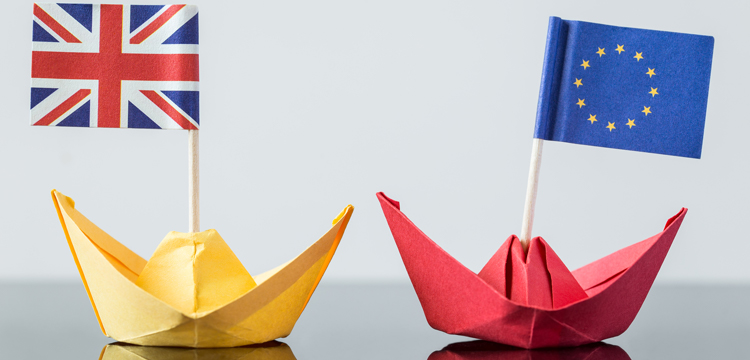Once Article 50 is triggered on or before 31st March, starting the divorce proceedings from the EU, a deal must be wrapped up in 24 months; for business that is two financial years! April 2019 does not give much time to plan and gear up for new markets!
We do not know what non-EU bilateral trade deals the UK will secure but it is more than likely that many exporters will need to spread their wings into countries where the risk of corruption is unfamiliar and higher.
Bribing to win overseas orders is often seen by companies as a "business and cultural" norm. Not "what you know" – but "who you know" and how to leverage the deal. But over time, many countries have recognised the economic costs of corruption and introduced anti-bribery and corruption laws. Added to this, smartphones more readily facilitate the reporting of corruption be that a whistleblower or competitor.
Whilst some overseas judicial regimes may be weak, the UK Bribery Act (and its Guidance for companies) and the US Foreign and Corrupt Practices Act are not; they have overseas reach and successful prosecutions are escalating. In the UK that includes Rolls-Royce plc, Sweett Group, Brand Rex and others and that's before individuals! Developing sustainable new export markets takes time, planning and resources.
Therefore, now is the time for those lacking, to button up anti-bribery policies, procedures and the training of key staff. This must extend into supply chains and intermediaries such as overseas sales agents, where more than 80% of bribery cases occur.
So – Ten easy tips to export successfully and safely:
- Resources
Before stepping out – do the marketing homework and ensure that you have export experienced people and the business processes in place to handle these new and unfamiliar markets. Find out whether export finance is available. - Sales Networks
Desk research those potential new markets and map out your new overseas networks for sales. - UK Export Controls
Understand your role: if the goods or services you are supplying are all UK technology, you are legally bound by UK export obligations; - Re-Export of Supply
By including any controlled technology from another country (e.g. the US) you will inherit legally binding re-export obligations as well as the UK export obligations. Be certain where your products might end up especially if subject to any form of export licensing be that US or UK. You will need to identify the end use of exported items and the potential for dual-use. - Re-Export by Customer
Consider the possibility of your products being illicitly re-exported by the Customer into other markets especially where that other country is subject to sanctions. - In Country Partners (agents – intermediaries)
Carefully assess the commercial need for overseas business partners; the levels of risk and whether you can sell direct or set up your own operations. Ensure the potential partner really will comply with relevant anti-bribery legislation and conform with your own anti-bribery policies. - Know Your Partner
Really know with whom you are doing business through due diligence; not just the "front man" but the ultimate beneficial owners of the business. For example, is this business a front for an illicit activity - are the principals on a watch-list? Under the Bribery Act, those acting on your behalf are "associated persons", as set out in the UK Bribery Act. - Commercial Risk
Ensure safe payment terms. Chasing money from the other side of the world is tough! - Anti-Money Laundering
Brief your bank to ensure their support and guidance for areas such as export credit insurance; advise that funds may come into your account from unusual overseas banks, to avoid your being sanctioned over concerns of money laundering and other crimes. - Supply Chain Governance
Be just as diligent in building a new overseas supply chain(s); be mindful of the UK Modern Slavery Act. Clothing and consumer goods manufactured in low wage countries are a particular risk and can damage brand reputation and value.

You need to sign in or register before you can add a contribution.